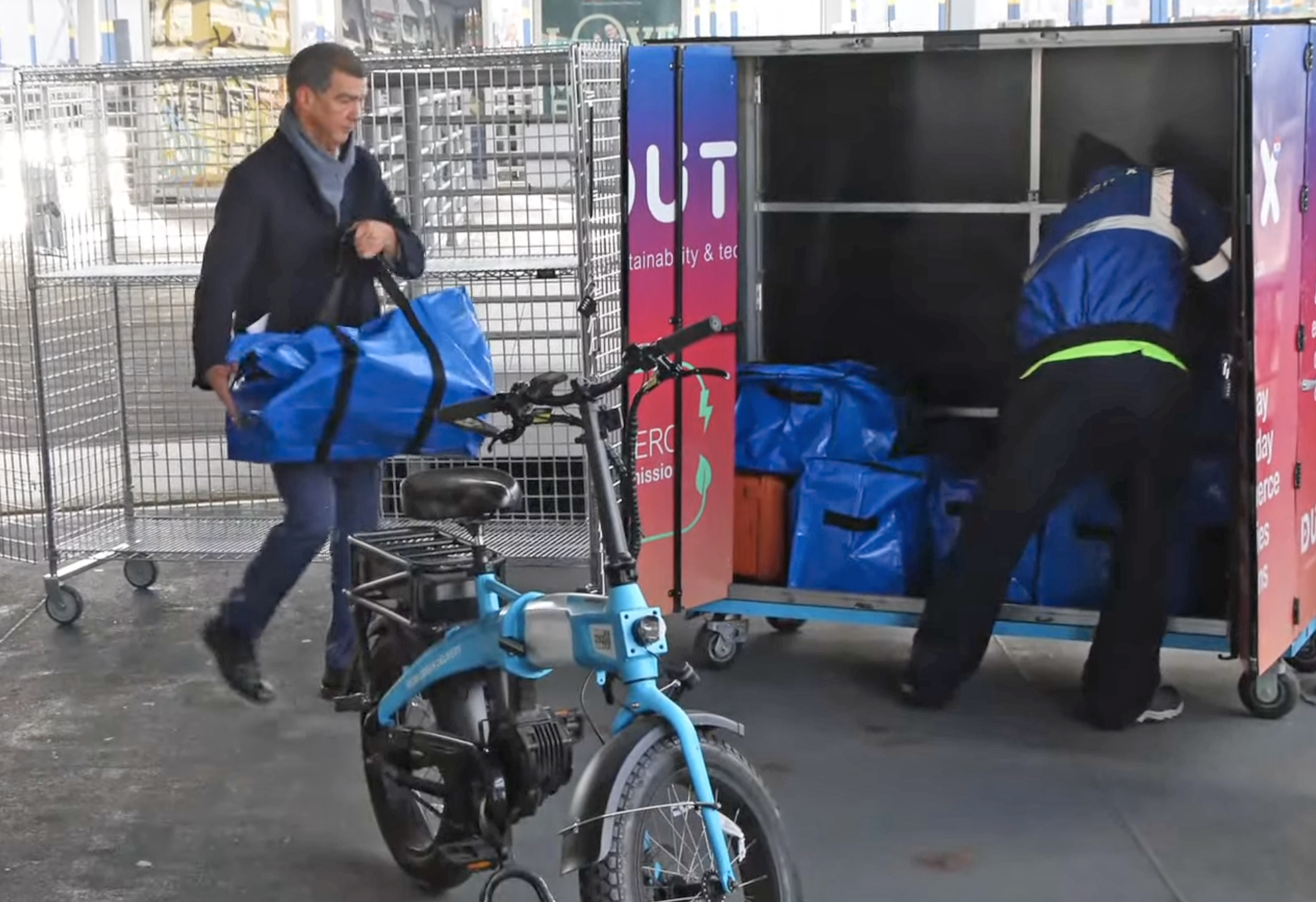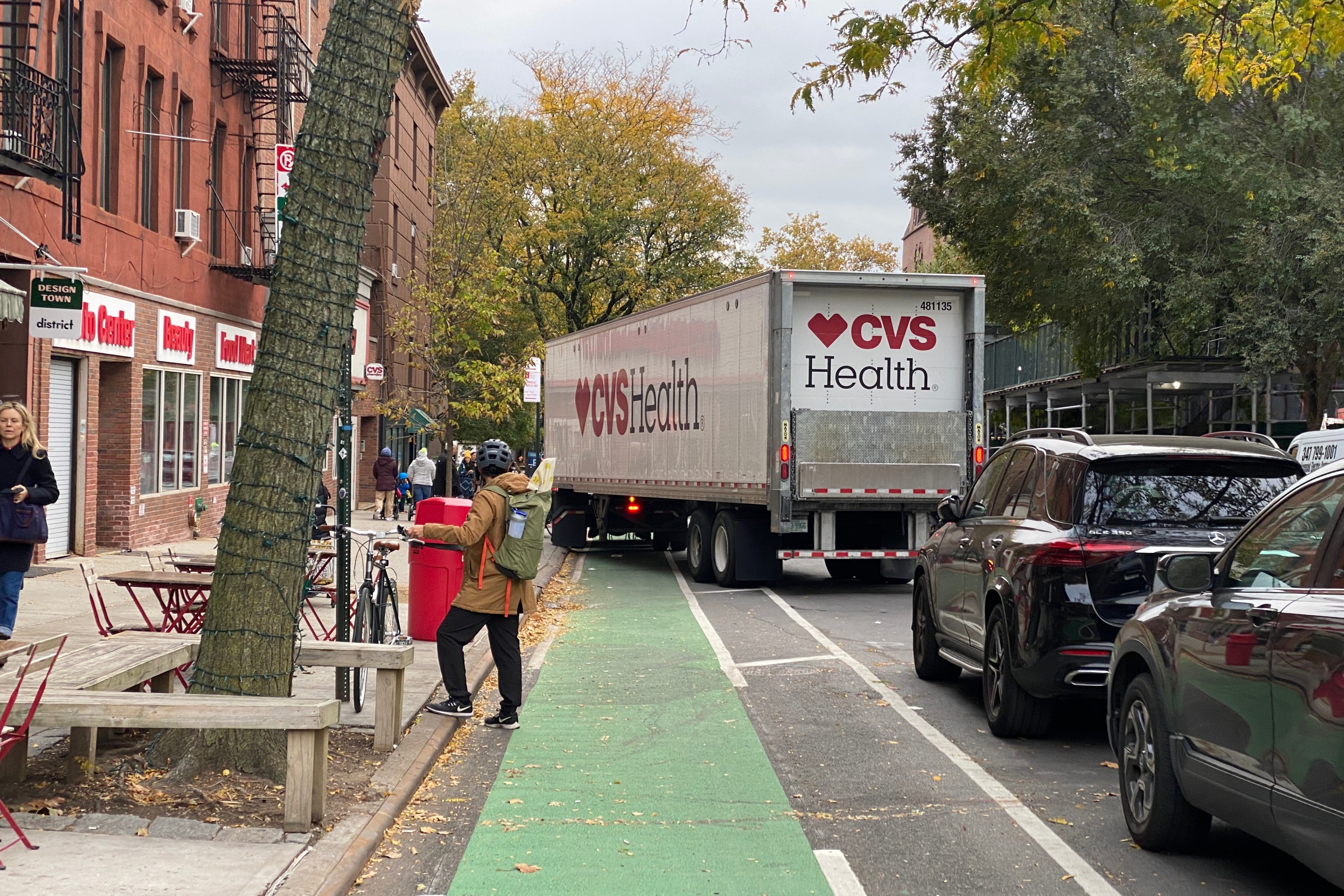Albany has long used the MTA as a piggy bank, raiding dedicated transit funds on a regular basis to cover gaps in the state budget. As a result, straphangers are squeezed as transit agencies resort to fare hikes and service cuts to make up the difference.

Legislative attempts to crack down on transit raids have had limited success in Albany. In 2011, the legislature passed a lockbox bill that would require a statement detailing the size of each MTA budget raid and how it would affect transit riders. But Governor Andrew Cuomo's office had the law changed, neutering the impact statement provision and essentially gutting the bill's effectiveness.
The governor has since raided the MTA's budget without issuing impact statements that the original law would have required.
In 2012, bills that would have eliminated this loophole and broadened the law to include transit agencies statewide, not just the MTA, attracted support from upstate lawmakers but failed to get out of committee in either chamber.
This year, the lockbox bills were again introduced by State Senator Marty Golden and Assembly Member James Brennan, but languished in committee for most of the session -- until the Senate bill was brought to the floor yesterday, where it passed 61-0. Action now shifts to the Assembly, with the legislative session scheduled to end on June 20.
"I'm hopeful," Brennan legislative director Lorrie Smith told Streetsblog, adding that the assembly member has been in discussions with the Ways and Means Committee to get the lockbox bill on the Assembly's agenda. "It would be at the beginning of the week," she said.
While the lockbox bill would not bar the governor and legislature from robbing transit funds -- only a constitutional amendment could do that -- it would make Albany's tampering with transit budgets more transparent, and hopefully less frequent, by requiring public reports on the scope and impact of each raid.
Additionally, another MTA-related bill sponsored by Golden, requiring the authority to file a report with the governor and the legislature on the impact of service cuts since 2008, passed the Senate 62-0 on Monday.





